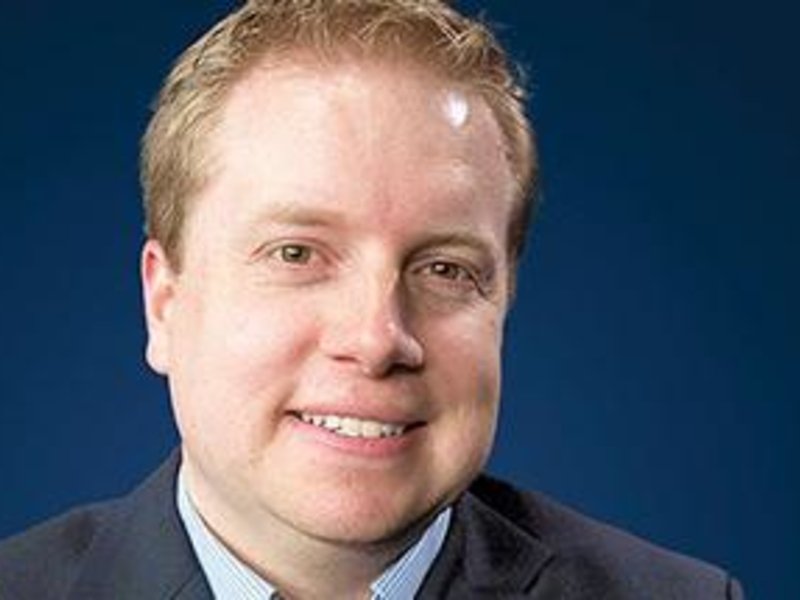
General Motors took a nearly $4 billion hit last year from a strike called by a soon-to-be convicted felon.
The $1 million that former UAW President Gary Jones is accused of stealing from the workers he was supposed to be fighting for is bad enough.
But it pales in comparison to the financial toll on GM, on its suppliers and on dues-paying members who sacrificed for more than a month during the strike. Many believed then that the strike was at least partly aimed at distracting from the scandal, and the embezzlement charges against Jones made public last week will further fuel those suspicions.
That Jones now faces up to five years in prison is hardly a surprise. Anyone who’s been following the scandal could see it coming since September, when prosecutors charged UAW Regional Director Vance Pearson and first laid out the galling details of what investigators had uncovered.
It was instantly obvious that one of the alleged schemers, a man identified only as “UAW Official A” because he hadn’t yet been charged with any crimes, was Jones. Less than 60 hours later, Jones ordered more than 46,000 GM workers to walk off the job and subsist on a measly $275 a week — less than the cost of the bottles of champagne that Jones and other officials are accused of popping open on the membership’s dime.
The day before the strike started, the UAW’s International Executive Board held an emergency meeting to discuss the matter. But an effort by some board members to oust Jones failed.
Now, with Jones expected to plead guilty, the next question is whether the U.S. Justice Department will attempt to take over the union.
That board meeting where UAW leaders emboldened Jones by declining to take action against him could end up being the moment that a federal takeover became inevitable.
By deciding to let Jones stay in charge even after his wrongdoing had become apparent — to fight back against the allegations and let him oversee the longest strike against an automaker in half a century, before reversing course two months later and pressuring Jones to resign long after the walkout had been settled — the UAW may have helped convince the feds that it should no longer be trusted to make its own decisions.